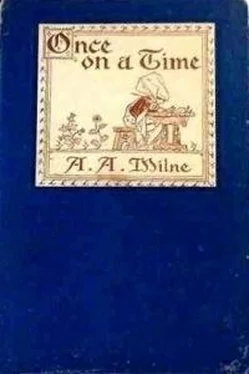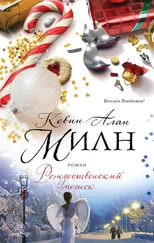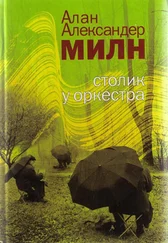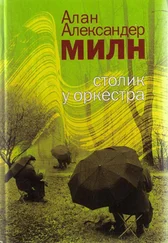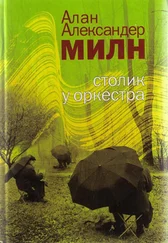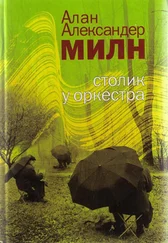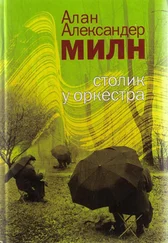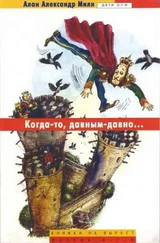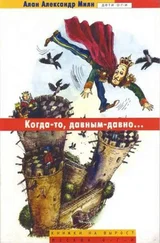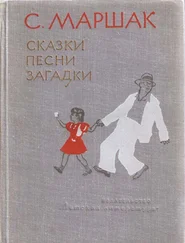"Oh, I'm so glad," said Hyacinth. "I felt somehow that it must be coming, because you've seen so much of each other lately. Wiggs and I have often talked about it together."
("What has happened to the child?" thought Belvane. "She isn't a child at all, she's grown up.")
"There's no holding Udo once he begins," volunteered Coronel. "He's the most desperate lover in Araby.
"My father will be so excited when he hears," said Hyacinth. "You know, of course, that his Majesty comes back to–morrow with all his army."
She did not swoon or utter a cry. She did not plead the vapours or the megrims. She took unflinching what must have been the biggest shock in her life.
"Then perhaps I had better see that everything is ready in the Palace," she said, "if your Royal Highness will excuse me." And with a curtsey she was gone.
Coronel exchanged a glance with Hyacinth. "I'm enjoying this," he seemed to say.
"Well," she announced, "I must be going in, too. There'll be much to see about."
Coronel was left alone with the most desperate lover in Araby.
"And now," said the Prince, "tell me what you are doing here."
Coronel put his arm in Udo's and walked him up and down the flagged path.
"Your approaching marriage," he said, "is the talk of Araby. Naturally I had to come here to see for myself what she was like. My dear Udo, she's charming; I congratulate you."
"Don't be a fool, Coronel. I haven't the slightest intention of marrying her."
"Then why have you told everybody that you are going to?"
"You know quite well I haven't told anybody. There hasn't been a single word about it mentioned until you pushed your way in just now."
"Ah, well, perhaps you hadn't heard about it. But the Princess knows, the Countess knows, and I know—yes, I think you may take our word for it that it's true."
"I haven't the slightest intention—what do you keep clinging to my arm like this for?
"My dear Udo, I'm so delighted to see you again. Don't turn your back on old friendships just because you have found a nobler and a truer― Oh, very well, if you're going to drop all your former friends, go on then. But when I'm married, there will always be a place for―"
"Understand once and for all," said Udo angrily, "that I am not getting married. No, don't take my arm—we can talk quite well like this."
"I am sorry, Udo," said Coronel meekly; "we seem to have made a mistake. But you must admit we found you in a very compromising position."
"It wasn't in the least compromising," protested Udo indignantly. "As a matter of fact I was just telling her about that dragon I killed in Araby last year."
"Ah, and who would listen to a hopeless story like that, but the woman one was going to marry?"
"Once more, I am not going to marry her."
"Well, you must please yourself, but you have compromised her severely with that story. Poor innocent girl. Well, let's forget about it. And now tell me, how do you like Euralia?"
"I am returning to Araby this afternoon," said Udo stiffly.
"Well, perhaps you're right. I hope that nothing will happen to you on the way."
Udo, who was about to enter the Palace, turned round with a startled look.
"What do you mean?"
"Well, something happened on the way here. By the by, how did that happen? You never told me."
"Your precious Countess, whom you expect me to marry."
"How very unkind of her. A nasty person to annoy." He was silent for a moment, and then added thoughtfully, "I suppose it is rather annoying to think you're going to marry somebody whom you love very much, and then find you're not going to."
Udo evidently hadn't thought of this. He tried to show that he was not in the least frightened.
"She couldn't do anything. It was only by a lucky chance she did it last time."
"Yes, but of course the chance might come again. You'd have the thing hanging over you always. She's clever, you know; and I should never feel quite safe if she were my enemy…. Lovely flowers, aren't they? What's the name of this one?"
Udo dropped undecidedly into a seat. This wanted thinking out. The Countess—what was wrong with her, after all? And she evidently adored him. Of course that was not surprising; the question was, was it fair to disappoint one who had, perhaps, some little grounds for―? After all, he had been no more gallant than was customary from a Prince and a gentleman to a beautiful woman. It was her own fault if she had mistaken his intentions. Of course he ought to have left Euralia long ago. But he had stayed on, and—well, decidedly she was beautiful—perhaps he had paid rather too much attention to that. And he had certainly neglected the Princess a little. After all, again, why not marry the Countess? It was absurd to suppose there was anything in Coronel's nonsense, but one never knew. Not that he was marrying her out of fear. No; certainly not. It was simply a chivalrous whim on his part. The poor woman had misunderstood him, and she should not be disappointed.
"She seems fond of flowers," said Coronel. "You ought to make the Palace garden look beautiful between you."
"Now, understand clearly, Coronel, I'm not in the least frightened by the Countess."
"My dear Udo, what a speech for a lover! Of course you're not. After all, what you bore with such patience and dignity once, you can bear again."
"That subject is distasteful to me. I must ask you not to refer to it. If I marry the Countess―"
"You'll be a very lucky man," put in Coronel. "I happen to know that the King of Euralia—however, she's chosen you, it seems. Personally, I can't make out what she sees in you. What is it?"
"I should have thought it was quite obvious," said Udo with dignity. "Well, Coronel, I think perhaps you are right and that it's my duty to marry her."
Coronel shook him solemnly by the hand.
"I congratulate your Royal Highness. I will announce your decision to the Princess. She will be much amu—much delighted." And he turned into the Palace.
Pity him, you lovers. He had not seen Hyacinth for nearly ten minutes.
Chapter XX
Coronel Knows a Good Story When He Hears It
I quote (with slight alterations) from an epic by Charlotte Patacake, a contemporary poet of the country:
King Merriwig the First rode back from war,
As many other Kings had done before;
Five hundred men behind him were in sight
(Left–right, left–right, left–right, left–right, left–right).
So far as is known, this was her only work, but she built up some reputation on it, and Belvane, who was a good judge, had a high opinion of her genius.
To be exact, there were only four hundred and ninety–nine men. Henry Smallnose, a bowman of considerable promise, had been left behind in the enemy's country, the one casualty of war. While spying out the land in the early days of the invasion, he had been discovered by the Chief Armourer of Barodia at full length on the wet grass searching for tracks. The Chief Armourer, a kindly man, had invited him to his cottage, dried him and given him a warming drink, and had told him that, if ever his spying took him that way again, he was not to stand on ceremony, but come in and pay him a visit. Henry, having caught a glimpse of the Chief Armourer's daughter, had accepted without any false pride, and had frequently dropped in to supper thereafter. Now that the war was over, he found that he could not tear himself away. With King Merriwig's permission he was settling in Barodia, and with the Chief Armourer's permission he was starting on his new life as a married man.
As the towers of the castle came in sight, Merriwig drew a deep breath of happiness. Home again! The hardships of the war were over; the spoils of victory (wrapped up in tissue paper) were in his pocket; days of honoured leisure were waiting for him. He gazed at each remembered landmark of his own beloved country, his heart overflowing with thankfulness. Never again would he leave Euralia!
Читать дальше
